Mindfulness and the leader of the future
Why mindfulness at work matters more than ever.
Why You Should Care
HR leaders of today are under more pressure than ever before.
Expert HR practitioners must juggle the challenges of the present while innovating to stay ahead of the curve.
A spirit of openness and transparency is crucial to mental health across the organization.
Future-ready, innovation-centered organizations will require a new type of leadership at their helm — these leaders of tomorrow need to be inspired, curious, creative, and boldly tolerant of failure.
What are organizations doing to ensure that both their employees and their leaders are prepared for the high mental demands of the future? One proven solution is to help them develop their resilience and stress tolerance through mindfulness.
Forrester and Headspace‘s in-depth survey of 477 business leaders about meditation and mindfulness at work yielded several important recommendations. Download your copy to read all the insights from the study, what those recommendations are, and how you can cultivate a mindful workforce.
Key Findings:
- Business leaders are feeling overwhelmed, but they are struggling to disconnect from their work. They rank sleep, meditation, and time off from work as most effective in helping them cope with stress, but their inability to stop thinking about work can compromise their quality of rest.
- Most leaders already recognize the ability of meditation to help relieve stress, but its other benefits are not as clearly understood. Studies have shown that meditation and mindfulness can help leaders strengthen intrapersonal skills such as self-awareness and self-regulation, but most respondents still associate meditation with stress relief.
- Executives need to promote public openness and transparency around mental health. Some employees are still reluctant to show vulnerability, or the need to take care of their mental health, as they think it affects how they are perceived by managers and peers.
Sign up to the UNLEASH Newsletter
Get the Editor’s picks of the week delivered straight to your inbox!

Headspace was created with one mission in mind: to improve the health and happiness of the world.